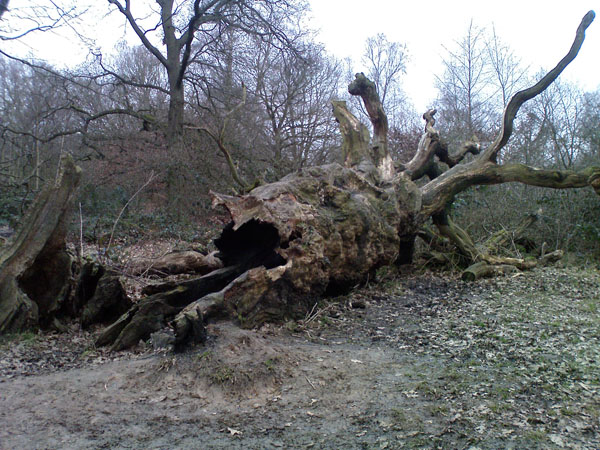Words Are All I Have
Although I love all aspects of songwriting, as a lyricist I often find myself flying the flag for vibrant, meaningful, fabulous words, especially in a pop context. As well as strong lyrics being my personal taste, there are very good commercial reasons for this desire to make the words as good as they should be.
Recorded music is awash with vanilla rhymes and hackneyed phrases, along with a glut of same chord, similar melody songs, and so the more you can do to make your song stand out, the better. Pay no attention to people who say that words are just a coat-hanger for the melody. Words are far more important than that.
Contrary to what some musicians and music business types would have you believe, people really do pay attention to words. One thing I have noticed is that women in particular with their more profound predisposition for language seem to listen more intently to words than men – this is of course a generalisation, but one born of much observation. Test it. Women are at least 50% of your audience, it doesn’t pay to ignore them. But of course plenty of men also love a good lyric, especially in less uptight cultures where verbal prowess is seen as a good thing. I recall listening to Irish men swap poetry in a pub, where English would be stuck with football scores.
Words are as much the key to unlock the soul as any other part of music. Sung music exercises both the right and left hemispheres of the brain simultaneously, and you can create astonishing structure, strength, contrast, tension, drama and meaning, by working with this knowledge.
The endless tight circle of human concern – love, loss, lust – is the mainspring for 99% of songs – but that doesn’t mean making things more complicated is the solution. Complicated can be wonderful, but simple is good.
The Big Challenge, of course, is to find something new to write about, or at least, an original angle or twist on a time-honoured theme. “Baby, I Love You” is a classic track, but there’s only so many variations of that you can hear before your ears close and you want something different. Thankfully there are as many variations on our key experiences as there are human beings. It is a lack of songcraft, the mistaken belief that words don’t really matter, and perhaps laziness that means most writers produce very few truly original songs.
There are many techniques to produce excellent lyrics and I will return to this theme in future posts. But for basic songwriting, lyrical technique is very simple. Generally avoiding clichés, unless you are artful enough to use them cleverly, is rule number one. One day I will make a fortune by selling an alarm which goes off in the presence of clichés. It will make further lucrative revenue from its use in sales and marketing, sports commentary, news reporting…
Rule number two is to try to create a description or a narrative which relates to your personal experiences, because then it has much more chance of hitting the metaphorical nail smack bang on the head, and coming across as authentic.
Rule number three (and that will be all for now) is: keep going, don’t be satisfied until you have really crafted the words and you are satisfied that they really are the best words in the best order.
The tension between what sounds good sung, and what creates the meaning you are seeking, is one of the central challenges of songwriting. If in doubt, I usually obey the priceless Sammy Cahn dictum that lyrics must first sound good, and meaning comes along afterwards. But, I also want my words to grab the listener, draw them into a narrative or the poetic space of the song, and take them on an irresistable journey.
The writing process itself is also a process of discovery. Sometimes halfway through the second verse, you’ll find out that the song is really about X when you thought it was about Y, and you’ll revise or rewrite the first verse, and maybe completely change the chorus on that basis. Sometimes, I follow the internal truth of a lyric, knowing it makes its own sense, and only months or sometimes years later do I fully understand the song myself – but that doesn’t mean I can’t judge it and know whether it’s good or bad.
Here’s an illustration of how a few well-chosen words can create a world completely of their own – Howard Devoto, ex-Buzzcocks, then Magazine – The Light Pours Out of Me.
Time flies
Time crawls
Like an insect
Up and down the walls
The light pours out of me
The light pours out of me
The conspiracy
Of silence ought
To revolutionize
My thought
The light pours out of me
The light pours out of me
The cold light of day
Pours out of me
Leaving me black
And so healthy
The light pours out of me
The light pours out of me
It jerks out of me
Like blood
In this still life
Heart beats up love
The light pours out of me
The light pours out of me

 In 2006 myself and some friends started the
In 2006 myself and some friends started the 
 The only way I have ever found to grow newly emerging talent is to spend a lot of time trying things out and experimenting to see what feels natural, and then within that, see what might work live in front of an audience and be commercial.
The only way I have ever found to grow newly emerging talent is to spend a lot of time trying things out and experimenting to see what feels natural, and then within that, see what might work live in front of an audience and be commercial.